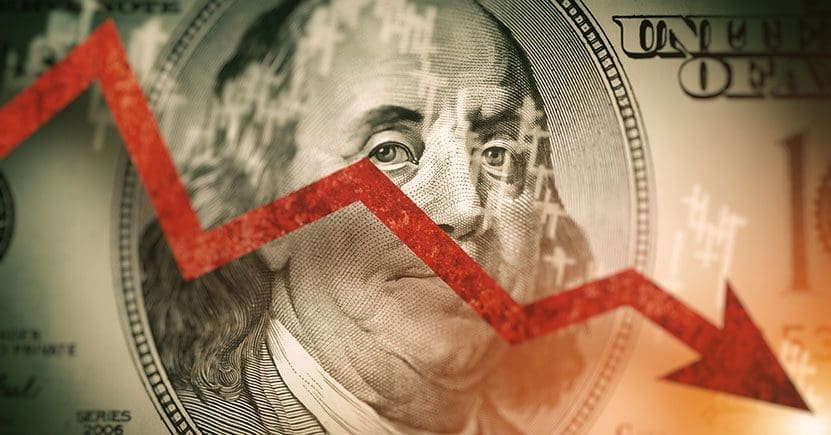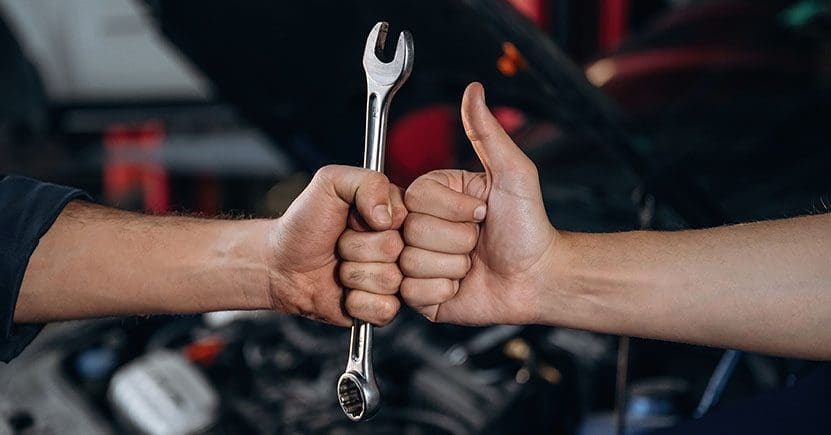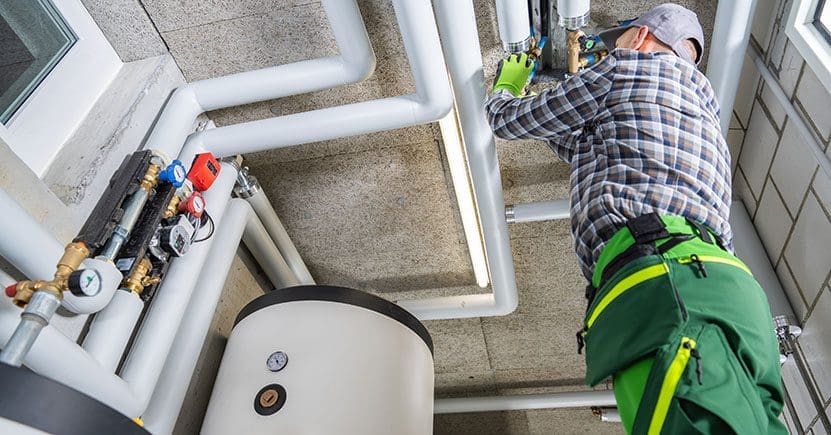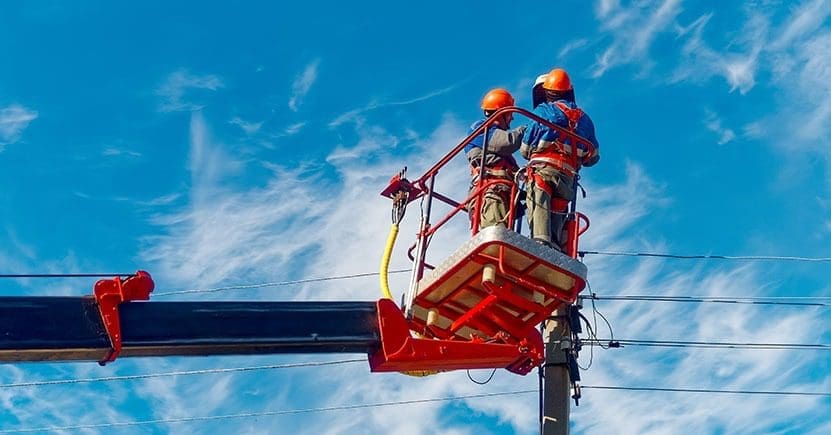
“Recession” is one of the scariest words in the financial world. And there’s a 66% we experience one this year, according to prediction market forecasts.
A recession is basically an economic slowdown that sticks around for a while. People start spending less, businesses pull back, jobs get cut, and growth turns negative.
It’s not just a bad week — it usually means two or more quarters of shrinking GDP. You feel it when layoffs rise, paychecks stretch less, and uncertainty hangs in the air.
It’s the economy catching a cold — and everyone feels the chill.
But, that said, there are some businesses and industries that could benefit.
Accountants

Accounting and finance advisory is an excellent recession-resilient profession. During a recession, demand for accountants tends to rise. People and small businesses need help managing cash flow, understanding tax breaks, and navigating new financial programs or regulations. When things get tough — like bankruptcy — accountants become essential guides, helping folks make sense of the chaos and keep their finances grounded.
Auto Repair Services

When people hold off on buying new cars during a recession, they invest more in maintaining their existing vehicles. Auto repair shops benefit from this trend, offering essential services like brake replacement, oil changes, and engine repairs that drivers can’t afford to ignore — even in tough economic times.
Cleaning Services

From residential cleaning to commercial janitorial services, cleaning businesses continue to see demand even during downturns. With health and hygiene remaining a priority, especially post-pandemic, both individuals and companies are willing to pay for a clean, safe environment.
Debt Collection

As more people fall behind on payments, debt collection agencies often see an increase in business. They work with banks, credit card companies, and landlords to recover owed money, making them recession-resistant — if not exactly popular.
Discount Retailers

When wallets tighten, shoppers turn to discount retailers like Dollar General or Aldi. These businesses thrive by offering basic goods at lower prices, attracting budget-conscious consumers looking to stretch their dollars further.
Funeral Services

Sadly, demand for funeral services doesn’t decrease during a recession. In fact, financial stress may even accelerate health issues. These businesses provide essential end-of-life services and are often considered recession-proof by nature.
Grocery Stores

People might skip dining out, but they still need to eat. Grocery stores benefit from consumers cooking more at home, which drives consistent foot traffic — even when the broader economy slows down.
Information Technology (IT) Support

Even during a downturn, businesses rely heavily on IT systems to maintain operations. Managed service providers and IT consultants can remain in demand as companies streamline and automate operations to save money.
Logistics and Delivery

As e-commerce continues to grow, logistics providers benefit — even in recessions. Efficient, reliable delivery of goods becomes even more critical when businesses seek to lower costs and consumers look for convenient ways to shop from home.
Mental Health Services

Economic uncertainty takes a toll on emotional wellbeing. Therapists, counselors, and mental health platforms often see increased demand during recessions, as individuals seek support managing stress, anxiety, and depression.
Pet Care Services

People may cut back on luxuries, but they rarely skimp on care for their pets. Veterinary clinics, pet groomers, and pet supply stores tend to weather economic downturns well, thanks to the deep bonds people share with their animals.
Plumbing and HVAC Services

Homeowners and renters alike can’t afford to ignore a burst pipe or broken furnace. Plumbing and HVAC professionals provide essential services that can’t be delayed, ensuring steady demand regardless of economic conditions.
Repair Services (Electronics and Appliances)

In a recession, consumers are less likely to replace stuff that ain’t quite working as they should. Instead, they repair them. Shops that fix smartphones, laptops, and home appliances tend to benefit when people look for cost-effective alternatives to buying new.
Senior Care Services

With an aging population, the need for elder care continues regardless of the economy. Home health aides, assisted living centers, and medical supply companies that cater to seniors often experience steady demand — even during economic downturns.
Utilities and Energy Services

Utility companies don’t see huge spikes in profits, but they offer stability. Power, gas, and water are necessities, and consumers continue to pay these bills even when they cut back elsewhere.
























